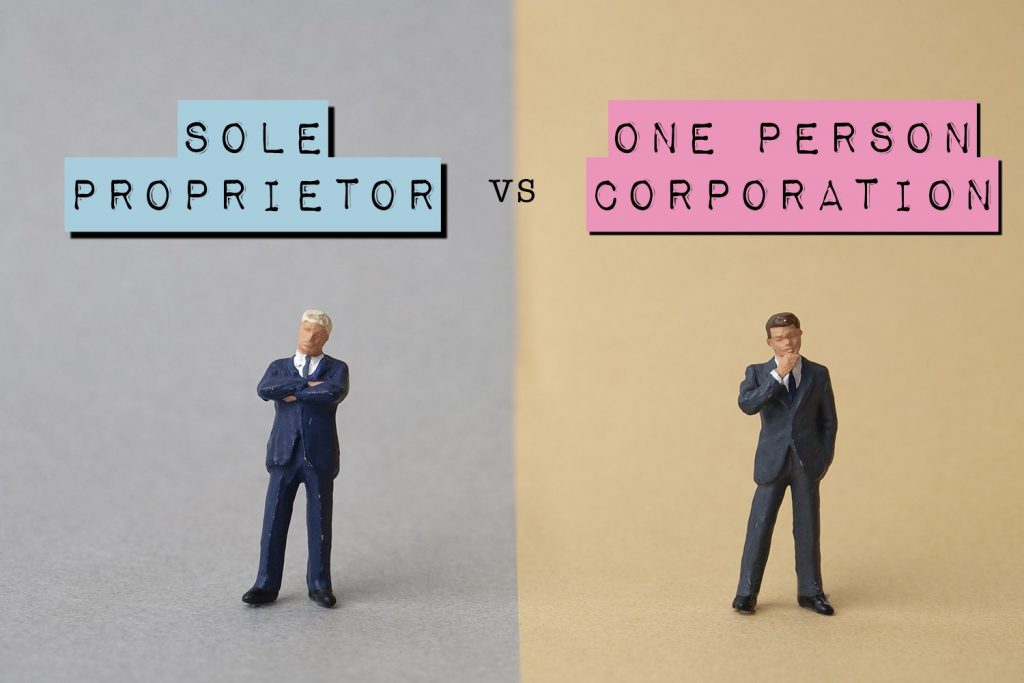The Pros and Cons of Partnership: A Comprehensive Guide
2 min read
Partnerships are a popular business structure that allows two or more individuals to share ownership and responsibility for a company. While partnerships offer many benefits, they also come with their fair share of drawbacks. In this article, we will explore the pros and cons of partnership to help you make an informed decision about whether this business structure is right for you.
Pros of Partnership:
- Shared Responsibility: One of the biggest advantages of partnership is that you share the responsibility of running the business with your partner(s). This means that you can divide tasks and workloads, which can help reduce stress and increase productivity.
- Shared Resources: Partnerships also allow you to pool your resources, including finances, skills, and contacts. This can help you achieve your business goals more quickly and efficiently.
- Tax Benefits: Partnerships are not taxed as a separate entity, which means that profits and losses are passed through to the partners. This can result in significant tax savings for the business.
- Flexibility: Partnerships are highly flexible, allowing partners to make decisions quickly and easily. This can be especially beneficial for small businesses that need to adapt to changing market conditions.
Cons of Partnership:
- Shared Liability: One of the biggest drawbacks of partnership is that each partner is personally liable for the debts and obligations of the business. This means that if the business fails, each partner is responsible for paying back any debts.
- Disagreements: Partnerships can be challenging when partners have different opinions or goals. Disagreements can lead to tension and conflict, which can negatively impact the business.
- Lack of Control: Partnerships require that decisions be made jointly, which can limit individual control over the business. This can be frustrating for partners who want to make decisions independently.
- Limited Life: Partnerships are not perpetual entities and are dissolved when one partner leaves or dies. This can be problematic if the business relies heavily on the skills or resources of a particular partner.
Conclusion:
In conclusion, partnerships offer many benefits, including shared responsibility, shared resources, tax benefits, and flexibility. However, they also come with their fair share of drawbacks, including shared liability, disagreements, lack of control, and limited life. Before deciding on a partnership, it is important to carefully consider these pros and cons and determine whether this business structure is right for you.

